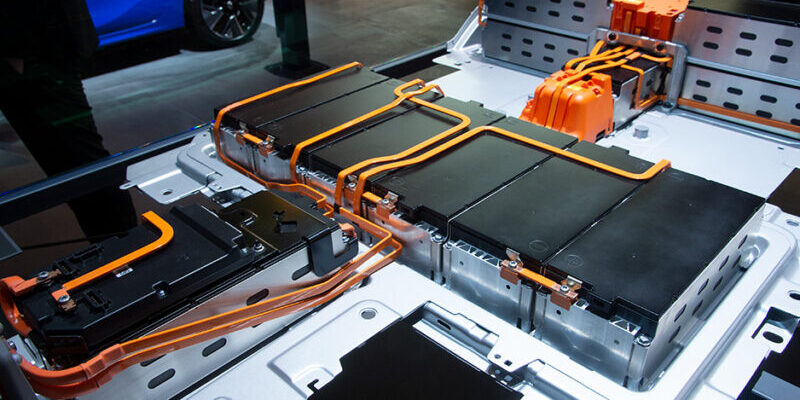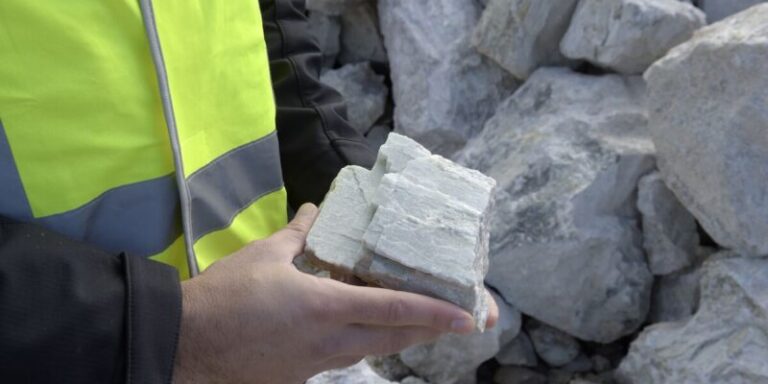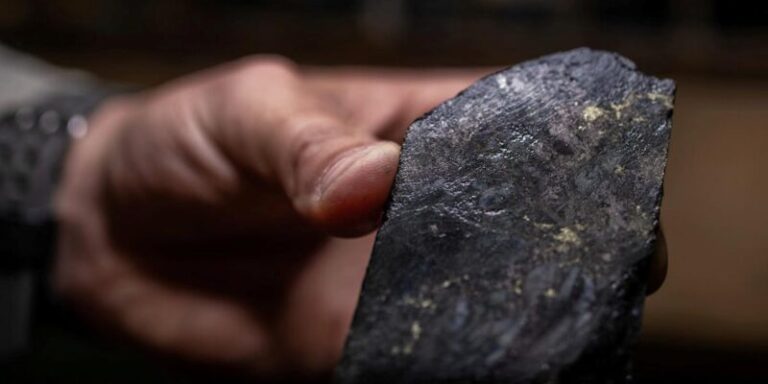
Mercedes-Benz is adjusting its strategy regarding battery cell capacity in response to lower-than-expected demand for electric vehicles (EVs), according to Reuters.
The automaker will delay further expansions until EV demand picks up, revising down its earlier projections for battery production by 2030.
Initially planning for over 200 gigawatt hours (GWh) of battery cell capacity and the construction of eight factories worldwide by the end of the decade, Mercedes-Benz now finds itself reconsidering these plans.
The company had anticipated electrified vehicles, including hybrids, to constitute up to 50% of its total sales by 2030. However, this milestone is now expected by 2035, five years later than previously forecasted.
Markus Schaefer, Chief Technology Officer (CTO) of Mercedes-Benz, emphasized the need to reassess their battery cell capacity requirements.
“Is the 200 gigawatt hour capacity still necessary? It’s a question of the timeline,” he stated, highlighting the impact of evolving market dynamics on their strategic decisions.
Mercedes-Benz had secured a deal with CATL in 2022 for battery cells from the Chinese firm’s 100 GWh plant in Hungary, alongside plans to source from a 40 GWh plant in France through the ACC joint venture, where it holds a 30% stake.
Plans for additional ACC plants in Germany and Italy have been paused due to the current subdued EV demand. The company also collaborates with suppliers in the U.S. and China to meet its battery cell needs.
“We remain flexible and will adjust our next steps based on clearer insights into market demand,” Schaefer added.
Despite recalibrating its battery strategy, Mercedes-Benz continues to invest in electrifying its product lineup, with ongoing efforts to comply with emissions regulations and minimal investments in combustion engine vehicles beyond necessary updates.








